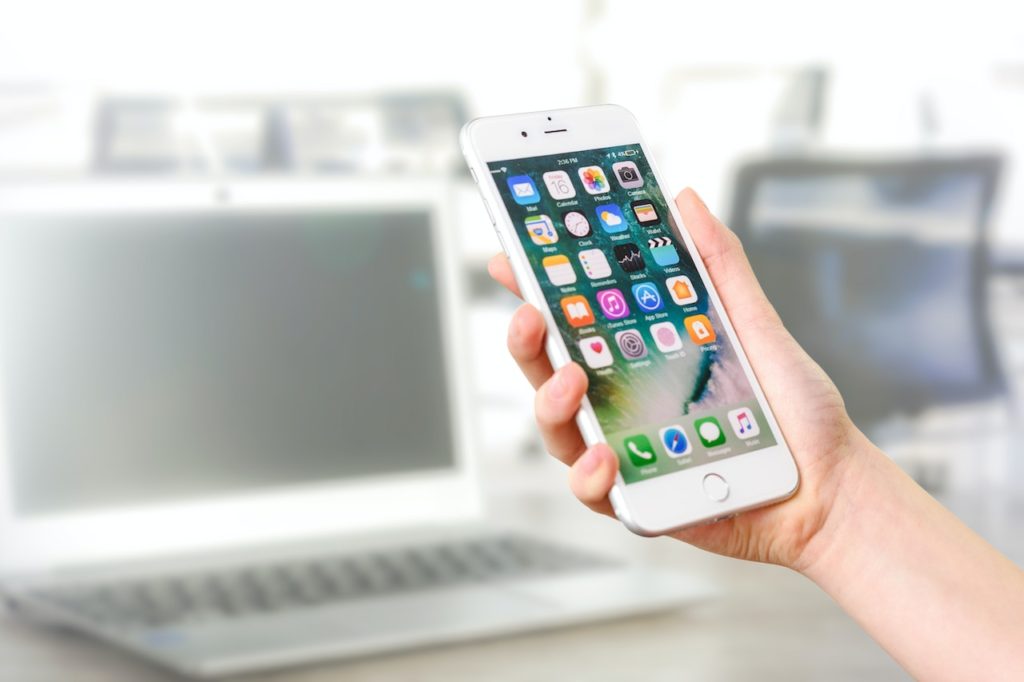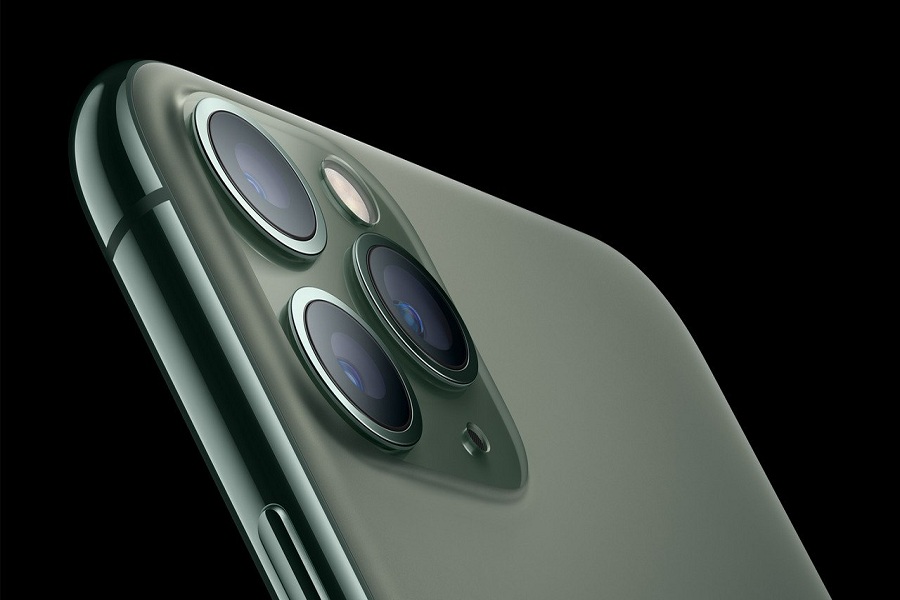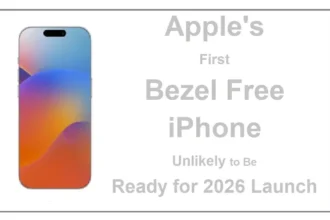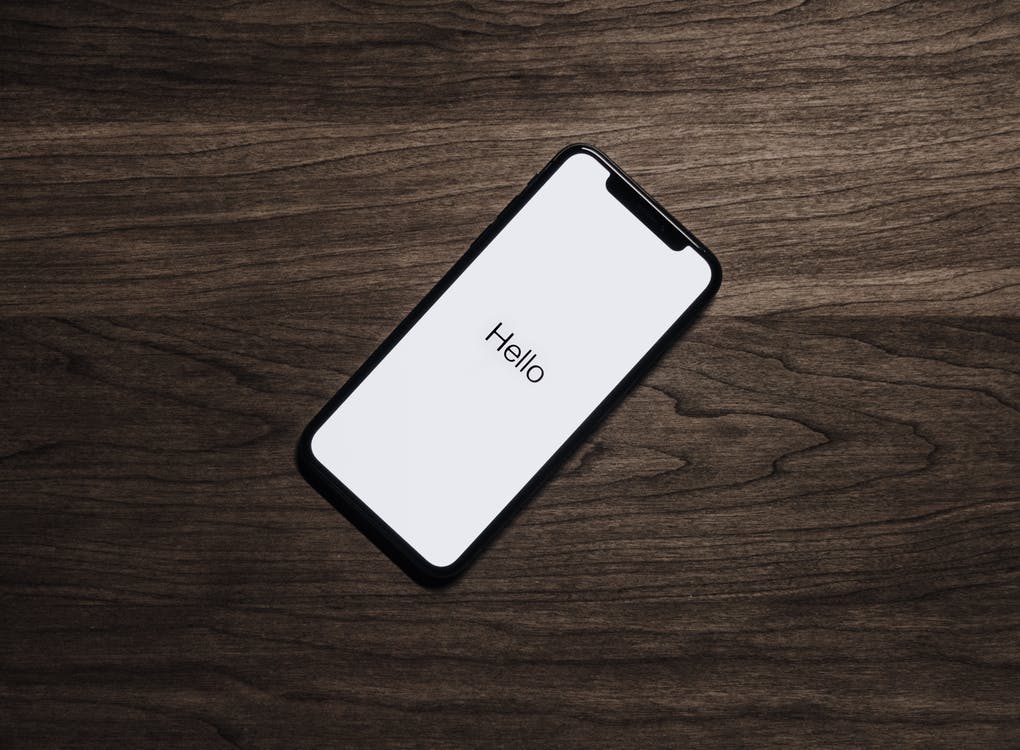Has there been an invention that has changed the world as much as the iPhone? You probably need to go back to the television to find a new product that has had such an impact. Of course, it’s easy to see the impact of the smartphone now. Back in 2007, it wasn’t all that clear if it would be a success — there were, we may remember, plenty of people who predicted a quick death for the iPhone.
Those people were wrong. In fact, even most people who predicted it would be successful were wrong — they undervalued how successful it would be. Today, iPhones are more popular than desktop computers. But how did we get here? As good as the first iPhone was, it was nowhere near the level of a desktop.
Improved Design and Use
The iPhone is a wonder of design. We mean, just look at it — it’s all killer, no filler. And that design extends to the software, too. It’s astonishingly intuitive to use, more so than a desktop computer. There’s a pretty robust theory that suggests that people are drawn to well-designed things, and on that front, Apple has it covered. Desktop computers look bloated by comparison.
Increasing Options
People may have always felt more connected to their iPhones than their desktops, but in the past, some limitations made their computers the only option for certain activities. Today, that’s all changed. Mobile-friendly checkout systems, music applications, and mobile casinos for iOS, to name just three activities, offer the exact same experience as a desktop, if not better. And with screens getting bigger all the time, iPhone users are even now using their devices to stream videos that previously would only make sense to watch on their larger desktop screen.
Antivirus and Security
The security issue held back the internet for a while. People were a little skeptical about uploading their personal information to a device — and with good reason; there were plenty of hacks and viruses going around back in the old days. The iPhone won out over desktops in large part because it’s impenetrable — you’ve likely never heard of an iPhone user having to get rid of a virus from their smartphone. Most people who have used a desktop have encountered some security issues in the past. The iPhone is the Fort Knox of the digital world, and that gives people confidence.

Processing Power
If you compared your current iPhone (provided you have a recent model) with the first iPhone, you’d notice a world of difference between the processing powers of the two. The first iPhone showed a promise of things to come; the latest models are a realization of that dream. It’s not true that smartphones are more powerful than desktops. But in real terms — as in, the things that you’d want to do on the internet — they’re more or less the same. You can only tell the difference when you’re doing RAM-intensive activities, such as video editing or design work. For the vast majority of people, the iPhone is all they need from their digital devices.
Integration With Life
Finally, perhaps the biggest reason why iPhones are now more popular than desktop computers is that, well, we have our whole lives on them. Your desktop will have photos, videos, and files, but they’re unlikely to be your phone, bank, game console, map, and everything else, all rolled into one brilliant device. People use their desktops for specific things. Smartphone users use their iPhones for everything. A person could happily go four days without turning their desktop on, but four days without their iPhone? Not a chance.
The Future
The iPhone made a big splash when it was a baby. Now, it’s a teenager. What will the iPhone be like when it’s a fully-fledged adult? The general shift has been away from desktops and towards smartphones, and there’s no reason to think that this will change anytime soon. Indeed, quite the opposite — it’s likely that we’ll pour more of our lives into our iPhone, and less into our desktop.
It’s hard to say exactly what Apple is working on in relation to their signature device. It’s true that innovation has slowed in recent years, with the latest models coming with more gimmicks than actually progressive technology. Still, it’s not as if we’ve seen all that much innovation in the desktop world, either. It seems likely that desktops will increasingly be used just for work purposes, with smartphones being used for everything else — and we mean, everything else.
Final Thoughts
It took a while for the iPhone to make waves in a practical way. But when it did, it caused a tsunami. The desktop computer did too. Will there ever be something that takes the throne from Apple’s iPhone? If there is, we can expect it to be earth-shattering.






